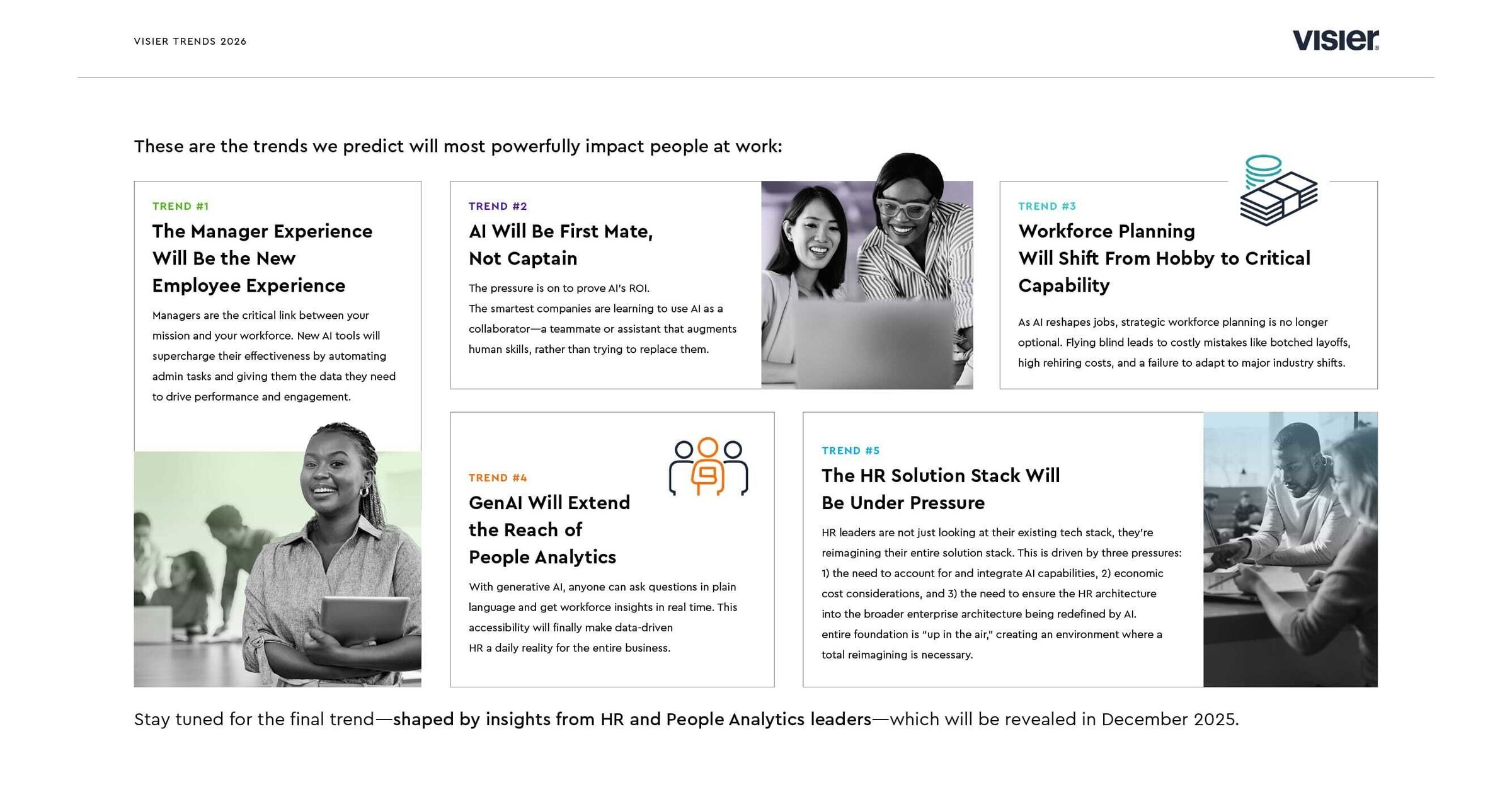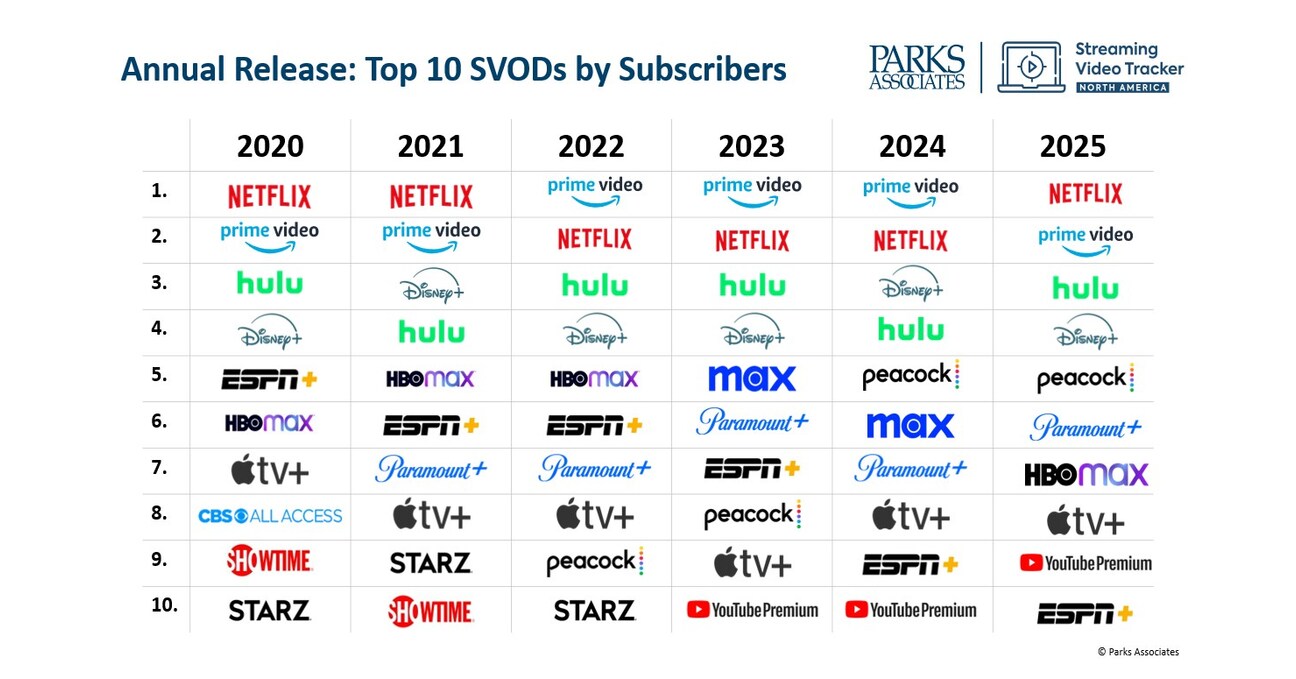- 30% to 45% of US consumers currently use Generative AI for product research and comparison, according to Bain’s Consumer Lab Generative AI Survey
- 17% of unique online shoppers say they will begin their holiday shopping with an AI platform such as ChatGPT or Perplexity, and 30% plan to start with AI-enabled Google search
- Millennials and Gen Z consumers are most likely to kick off holiday shopping with an AI assistant, at 52% and 25% respectively
- Half of consumers are not comfortable letting AI autonomously handle end-to-end transactions, but customer trust is rising fast as AI adoption accelerates
NEW YORK, Nov. 13, 2025 /PRNewswire/ — Agentic AI is poised to reshape the way consumers shop online, making agentic commerce strategies critical for retailers, Bain & Company finds in a new report Agentic AI in Retail: How Autonomous Shopping Is Redefining the Customer Journey. But while shoppers increasingly use Generative AI, around half still say they are cautious about letting AI agents autonomously handle purchases from start to finish.
Generative AI has already changed how consumers find and evaluate products. Today, 30% to 45% of US consumers use Generative AI for product research and comparison, according to Bain’s Consumer Lab’s Generative AI survey. Customers are increasingly using AI as a starting point, as 17% of unique online shoppers say they will begin their holiday shopping with an AI platform such as ChatGPT or Perplexity, and 30% plan to start with Google search, which is now also AI-enabled. Among unique shoppers, 52% of Millennials and 25% of Gen Z say they will use an AI assistant to start holiday shopping.
Agentic AI, which combines memory, reasoning, and tool use to act semi- or fully autonomously across the shopping journey, is ready to emerge as a retail disrupter. AI now accounts for up to 25% of referral traffic for some retailers, though it is still less than 1% of total traffic, according to Bain’s research in partnership with Similarweb. Of the three types of AI agents – third-party “objective” agents (e.g. ChatGPT, Perplexity), on-site retailer agents, and off-site retailer agents – third-party agents threaten to disintermediate retailers most. Consumers currently trust retailers’ on-site agents three times more, though the trust gap could close as more consumers try utilizing third-party agents.
“Agentic AI marks a major shift in retail discovery and loyalty since the rise of search engines,” said Aaron Cheris, partner in Bain’s Retail practice. “These systems are beginning to act independently across the shopping journey, from product research to checkout, creating both disruption and opportunity for retailers. This is the moment to strengthen customer relationships, build trust, and make retailer-value obvious —to humans and to algorithms alike.”
Winning retailers will strategically decide how to participate in the Agentic AI emergence by either building their own agentic capabilities, or by strategically collaborating with major AI platforms, finds Bain. Agility will be crucial as the rules of engagement evolve.
With AI reshaping the marketing and sales funnel, Bain identifies three strategic, practical moves for retailers to make today:
- Dig the customer moat. Retailers need to offer exclusive products, loyalty rewards and value-added services such as installation or protection plans that deepen relationships and create scarcity that AI agents can’t easily replicate.
- Redefine retail media networks. About 65% of retail media spending still occurs onsite, which could be at risk if discovery shifts to AI-driven search. Retailers need to test and learn with new ad formats that monetize natural language queries and expand into in-store and offsite media, which now account for 15% and 20% of retail media investments, respectively.
- Retain ownership of data and checkout. Retailers must protect first-party data, watermark content and negotiate data-sharing terms in AI partnerships. Where possible, they should maintain control over fulfillment and checkout to ensure data visibility and pricing accuracy.
This is part of a series of retail holiday insights that Bain & Company will publish through January 2026.
Media contacts
For any questions or to arrange an interview, please contact:
Mike Simon (New York) — Email: [email protected]
About Bain & Company
Bain & Company is a global consultancy that helps the world’s most ambitious change makers define the future.
Across 65 cities in 40 countries, we work alongside our clients as one team with a shared ambition to achieve extraordinary results, outperform the competition, and redefine industries. We complement our tailored, integrated expertise with a vibrant ecosystem of digital innovators to deliver better, faster, and more enduring outcomes. Our 10-year commitment to invest more than $1 billion in pro bono services brings our talent, expertise, and insight to organizations tackling today’s urgent challenges in education, racial equity, social justice, economic development, and the environment. We earned a gold rating from EcoVadis, the leading platform for environmental, social, and ethical performance ratings for global supply chains, putting us in the top 2% of all companies. Since our founding in 1973, we have measured our success by the success of our clients, and we proudly maintain the highest level of client advocacy in the industry.
SOURCE Bain & Company





